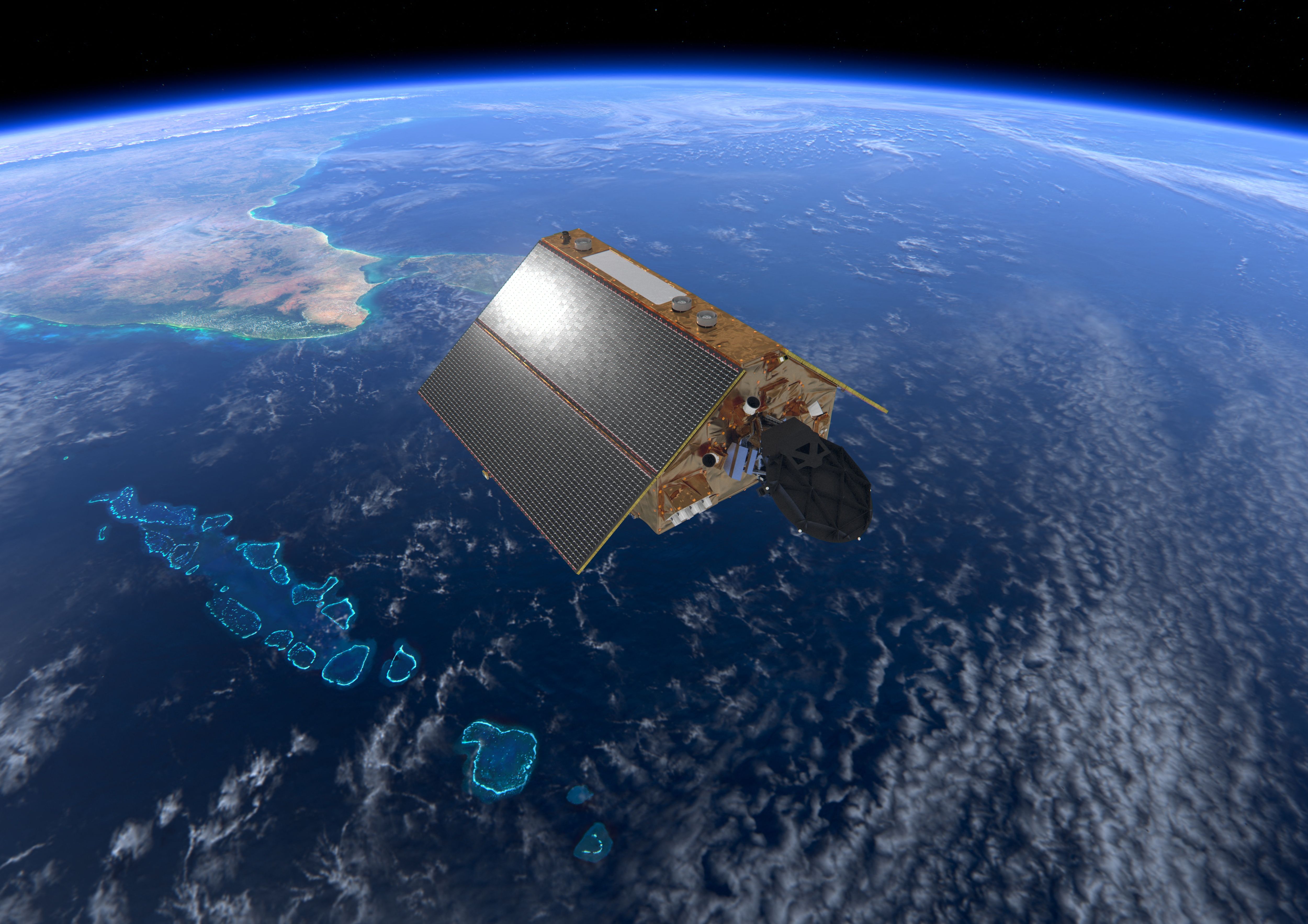Aerospacelab to build ‘megafactory’ in Charleroi, producing 500 satellites per year

Aerospacelab is going to set up a ‘megafactory’ in the southern Belgian city of Charleroi, which will produce 500 satellites a year. The factory will be the largest of its kind in Europe and the third largest in the world, and will employ up to 500 people. The Belgian aerospace company presented the plans on Tuesday evening.
Aerospacelab wants to bring about a “Henry Ford moment” in satellite production. “We took inspiration from the automotive industry, where standardised products still have the possibility to be adapted to specific needs”, said Benoît Deper, top executive and founder of the company. “We are setting up satellite production sites, entirely with production lines using ‘off-the-shelf’ components.”
Investment company Sambrinvest is building the new ‘mega-factory’ with a total working area of 16.000 square metres (172.000 square feet, ed.), good for an investment of 40 million euros. The factory will start producing satellites in 2025, employing up to 500 people.
The announcement comes after the recent launch of a new site in Ottignies-Louvain-La-Neuve, which can produce up to 24 satellites per year. Production at that site is scheduled to start in the third quarter of this year.
"They can measure air quality and track major environmental polluters. In this sense, satellites can be game changers for climate change and its consequences."
Several political leaders were present at the presentation, including European Commissioner for the Internal Market Thierry Breton, Belgian federeal minister for Telecom Petra De Sutter, Defence minister Ludivine Dedonder, Walloon minister for Economy Willy Borsus, state secretary for Strategic Investments Thomas Dermine, state secretary for Digitalisation Mathieu Michel and the mayor of Charleroi Paul Magnette.
De Sutter pointed out that the satellites which will roll off the production line in Charleroi can be used for more than telecommunications. “They will be brought into orbit to monitor climatic disasters, such as forest fires or floods, closely and in real time. They can measure air quality and track major environmental polluters. In this sense, satellites can be game changers for climate change and its consequences.” The minister spoke of a “Belgian success story”.
Defence minister Dedonder, in turn, described space an operational domain. “From space, you can observe, listen, orient yourself and convey information”, the minister said. Engaging in the space sector therefore means a contribution to national security, she said.
(BRV)
© PHOTO EUROPEAN SPACE AGENCY / AFP